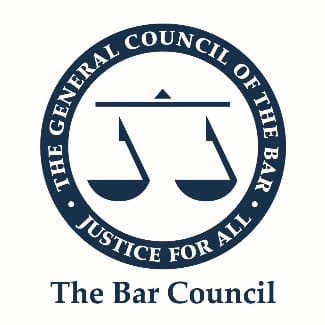Guest v Guest [2020] EWCA Civ 387
Judgment date: 17 March 2020
https://www.bailii.org/ew/cases/EWCA/Civ/2020/387.html
Floyd, Newey, and Arnold LJJ. Appeal from a decision of HHJ Russen QC, summarised here, that the claimant, Andrew, had relied to his detriment on assurances made by his father with this mother’s tacit agreement that he would inherit a significant proportion of the family farm and farming business. The parents were permitted to appeal only on the issue of remedy, as satisfying Andrew’s equity would require the sale of the farm. They argued that:
- It was wrong to base the remedy on Andrew’s subjective expectation: it was not the minimum equity to do justice. The court should have looked at the extent to which the business had been enhanced by Andrew’s contribution over and above what was required by his employment and/or compensated him for the loss of opportunity to save money for the purchase of a house.
- As the equity was anticipated inheritance, there should be an injunction or declaration to provide that inheritance and any further relief should be considered at the date of death.
As HHJ Russen QC had found that Andrew had given up other opportunities for thirty years, an approach that reflected his contribution did not reflect the assurances given or what Andrew had lost as a result of a failure to honour those assurances, and would not avoid an unconscionable result. Moreover, it would be based on the appellants’ gain and while appropriate to an unjust enrichment claim such an approach was ‘out of kilter’ with this cause of action; [82]. ‘The loss or detriment suffered by a claimant who is persuaded to take a poorly remunerated position on the strength of a promise of some interest in land is not limited to the quantifiable difference in wages’; [82]. The judge was entitled to take Andrew's expectation as a strong factor in deciding how to satisfy the equity’; [86]. The overall outcome came close to the expected reciprocal performance of the acts requested in return for the assurance. The appellants had not shown that the judge had exceeded the wide bounds of his discretion by settling Andrew’s entitlement now. He had to balance a number of factors including the breakdown of the relationship. It is also clear that a clean break solution is possible and had been found necessary in a number of farm cases (e.g. Moore v Moore [2018] EWCA Civ 2669).
Editor’s Note: This decision was appealed to the Supreme Court and is summarised on this site.








